To provide the best experiences, we use technologies like cookies to store and/or access device information. Consenting to these technologies will allow us to process data such as browsing behaviour or unique IDs on this site. Not consenting or withdrawing consent, may adversely affect certain features and functions.
The technical storage or access is strictly necessary for the legitimate purpose of enabling the use of a specific service explicitly requested by the subscriber or user, or for the sole purpose of carrying out the transmission of a communication over an electronic communications network.
The technical storage or access is necessary for the legitimate purpose of storing preferences that are not requested by the subscriber or user.
The technical storage or access that is used exclusively for statistical purposes.
The technical storage or access that is used exclusively for anonymous statistical purposes. Without a subpoena, voluntary compliance on the part of your Internet Service Provider, or additional records from a third party, information stored or retrieved for this purpose alone cannot usually be used to identify you.
The technical storage or access is required to create user profiles to send advertising, or to track the user on a website or across several websites for similar marketing purposes.
 This has been a tough year all round, particularly with the COVID-19 pandemic continuing to cause seismic shifts in how we live and work. Surveys across various countries indicate that employees are experiencing more feelings of burnout, stress and disconnection as the pandemic is taking a toll on people’s mental health. What’s causing this and what can we do to combat it? (more…)
This has been a tough year all round, particularly with the COVID-19 pandemic continuing to cause seismic shifts in how we live and work. Surveys across various countries indicate that employees are experiencing more feelings of burnout, stress and disconnection as the pandemic is taking a toll on people’s mental health. What’s causing this and what can we do to combat it? (more…)






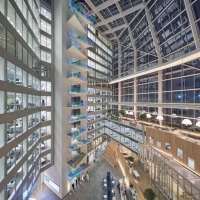






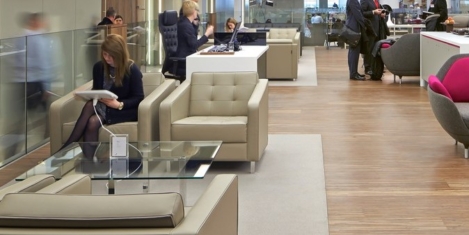
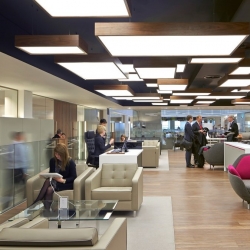

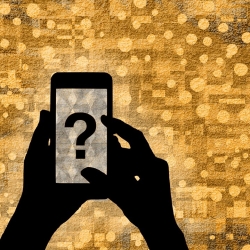


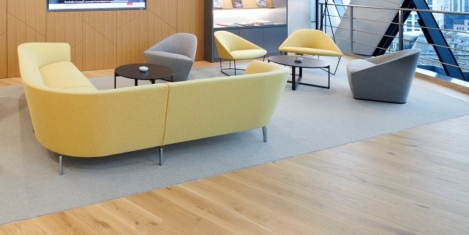
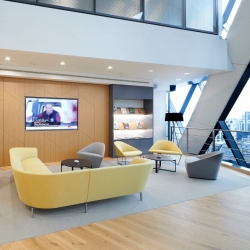
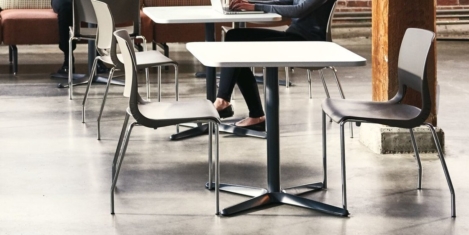
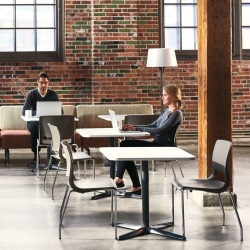
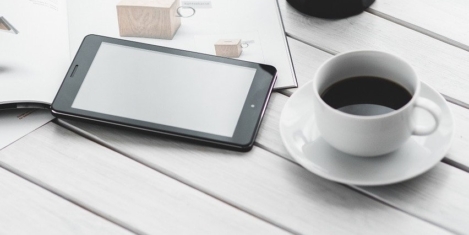










November 12, 2020
Stepping back into the workplace arena
by Rachel Houghton • Comment